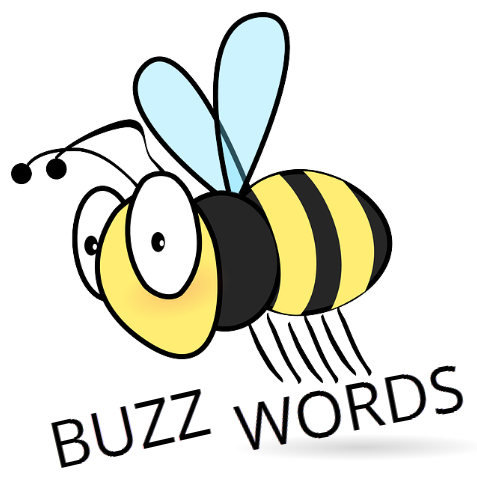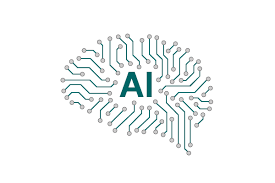AI Generated Buzzwords: Would Marketers Actually Use Them?
Marketing thrives on innovation, and one of the most effective ways to capture attention is through compelling buzzwords. From “synergy” to “disruptive,” catchy phrases shape how businesses communicate value. But what if AI could generate the next big marketing buzzwords? Would marketers actually use them?
To explore this, I tasked an AI with generating fresh marketing buzzwords and then analyzed their potential for real-world adoption.
AI Generated Marketing Buzzwords

Here are some unique AI-generated marketing buzzwords, along with their potential applications: 1. NeuroCommerce Definition: The intersection of neuroscience and e-commerce, leveraging brainwave analysis to optimize shopping experiences. Potential Use: Brands could use NeuroCommerce to highlight AI driven personalization strategies that anticipate consumer preferences. 2. HyperSync Branding Definition: A marketing approach where brand messaging seamlessly adapts in real time across multiple platforms and devices. Potential Use: Companies focused on omnichannel marketing could use “HyperSync Branding” to emphasize a fluid and dynamic brand experience. 3. Emotionomics Definition: The study of how emotional responses impact purchasing decisions and brand loyalty. Potential Use: Advertisers could integrate this term when discussing AI-driven sentiment analysis for better audience targeting. 4. Viralocity Definition: The measure of a campaign’s potential to spread rapidly across digital platforms. Potential Use: Social media marketers could adopt “Viralocity” to describe campaigns designed for maximum shareability. 5. Invisibranding Definition: The practice of subtly integrating brand identity into experiences without overt advertisements. Potential Use: Brands embracing native advertising or experiential marketing could leverage this term to emphasize seamless brand integration. 6. Predictive Persuasion Definition: The use of AI insights to craft highly persuasive and personalized marketing messages. Potential Use: Businesses in the AI driven marketing space could highlight “Predictive Persuasion” as a key tool for conversion optimization. 7. DeepSell Definition: The process of leveraging deep learning algorithms to refine and optimize sales strategies in real-time. Potential Use: Sales teams utilizing AI-enhanced CRM tools could use this term to emphasize cutting-edge customer insights.
Would Marketers Actually Use These Terms?

While some of these AI-generated buzzwords sound compelling, their adoption depends on a few key factors: 1. Relevance to Current Trends Buzzwords catch on when they align with industry shifts. “HyperSync Branding” and “Emotionomics” fit well within the growing focus on omnichannel experiences and AI-driven sentiment analysis. 2. Ease of Understanding Terms that are intuitive, like “Viralocity,” have a better chance of sticking. More complex concepts, like “NeuroCommerce,” might require additional explanation before gaining traction. 3. Market Adoption & Thought Leadership If influential marketers, agencies, or tech companies champion these terms, they are more likely to gain traction. For example, “Predictive Persuasion” could resonate with AI-driven ad platforms looking to differentiate themselves. 4. Consumer Perception Some terms may sound too artificial or gimmicky, reducing their effectiveness. “Invisibranding” could be a tough sell if it sounds too manipulative or deceptive.
The Verdict: AI as a Buzzword Generator

AI has the power to generate creative and engaging marketing buzzwords, but their adoption depends on industry validation, usability, and alignment with emerging trends. While some of these AI generated terms might fade away, others could very well become the next big thing in marketing lingo. The real question isn’t whether AI can create buzzwords, it’s whether marketers and consumers are ready to embrace them.
